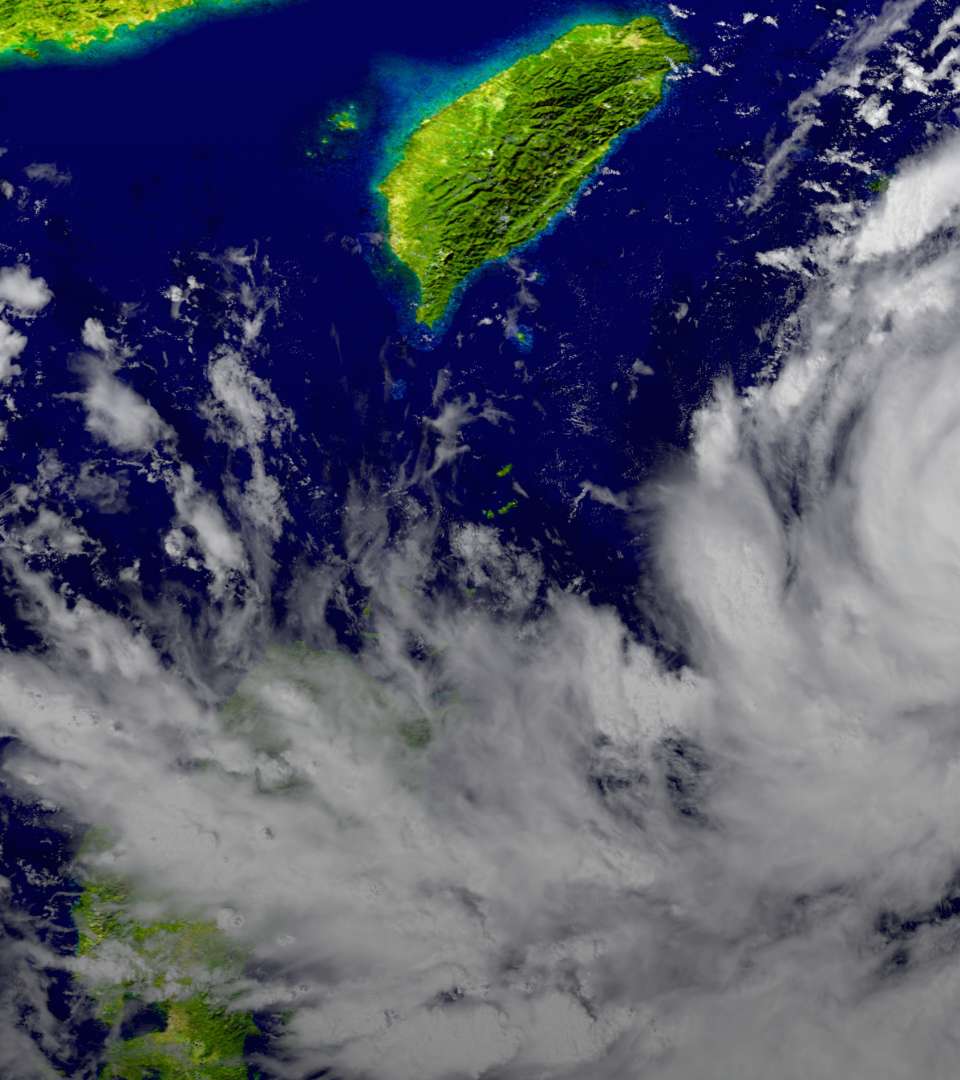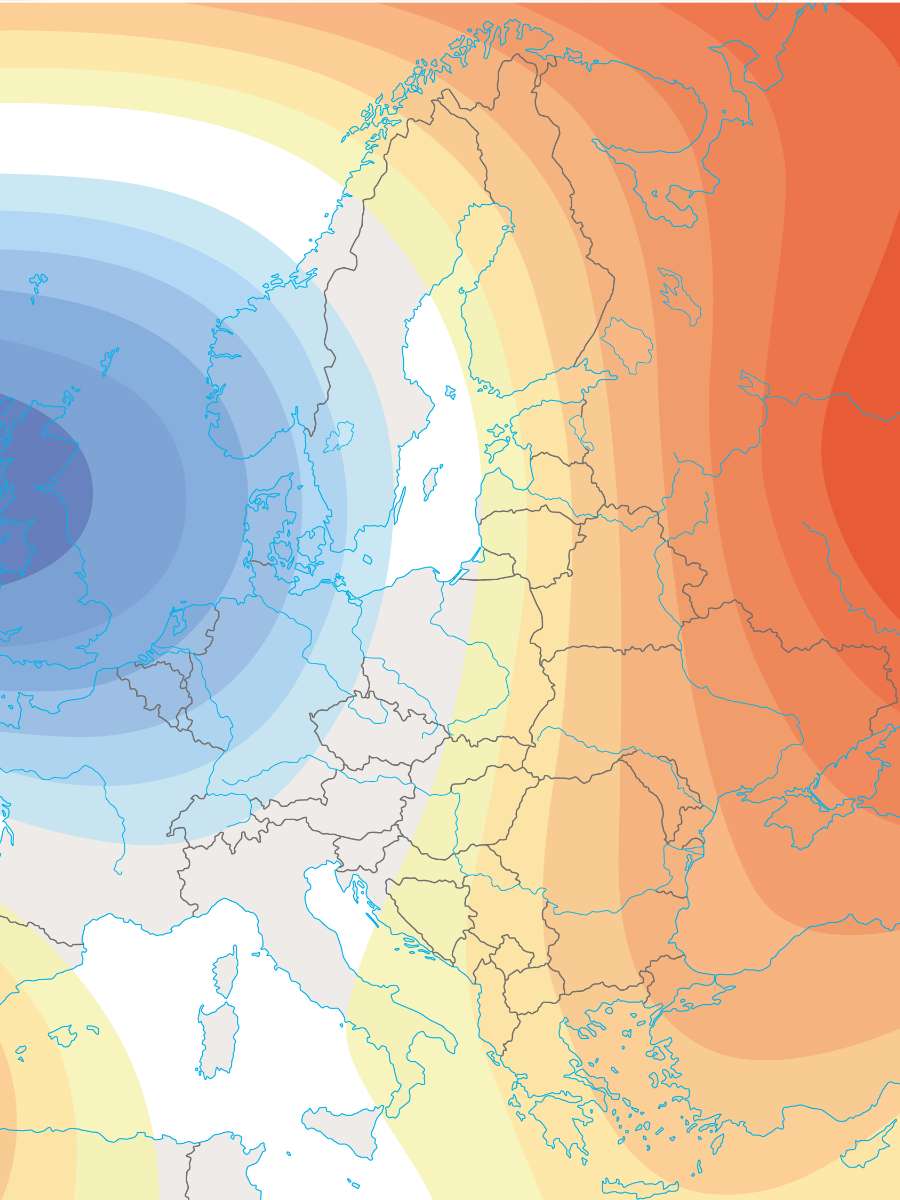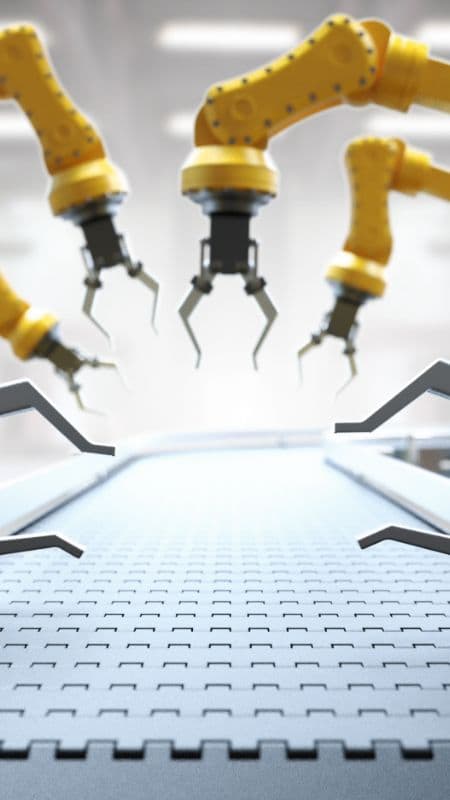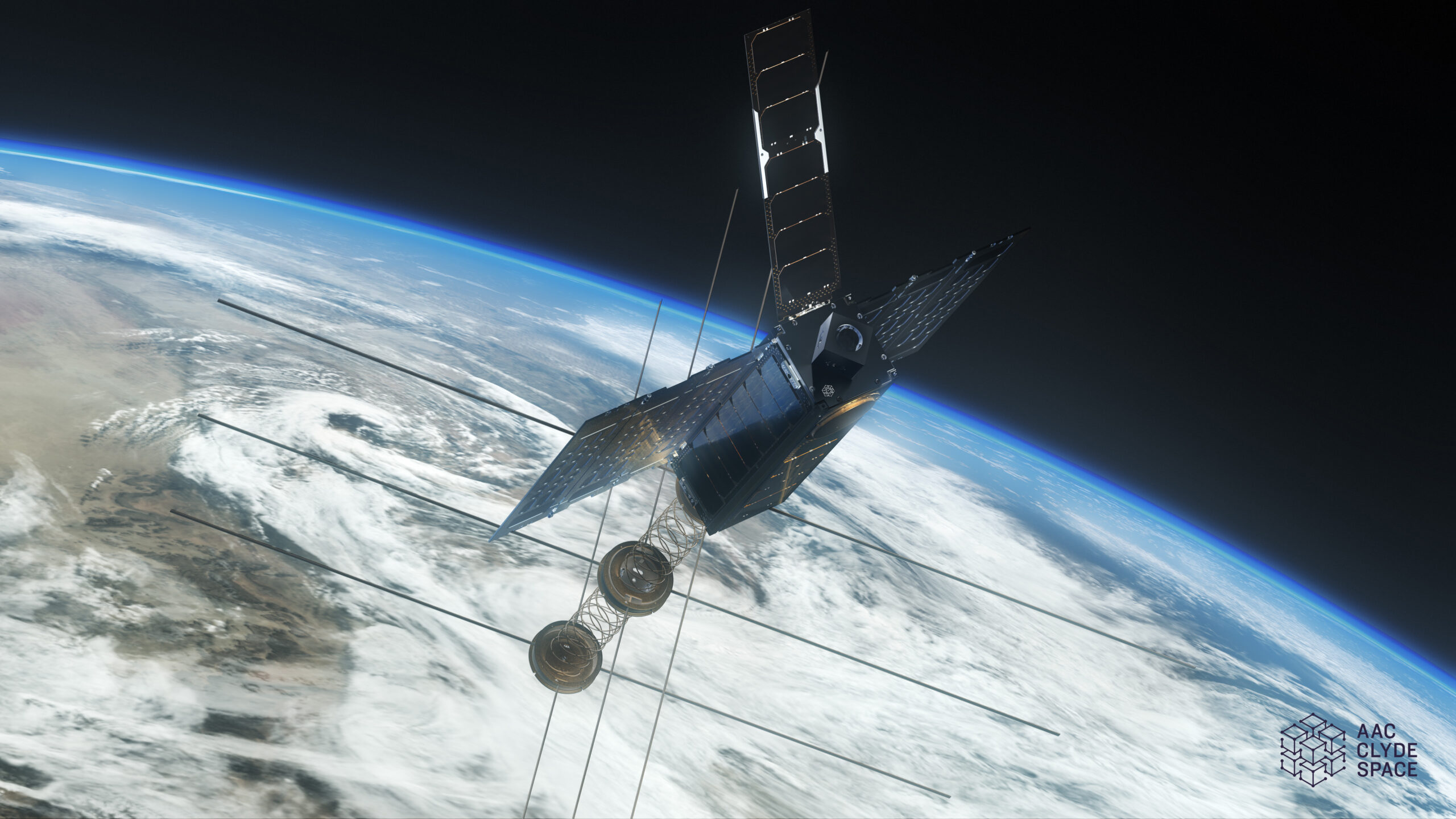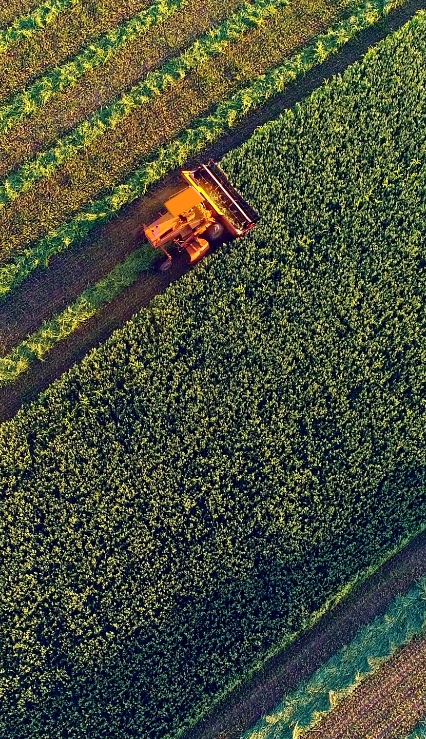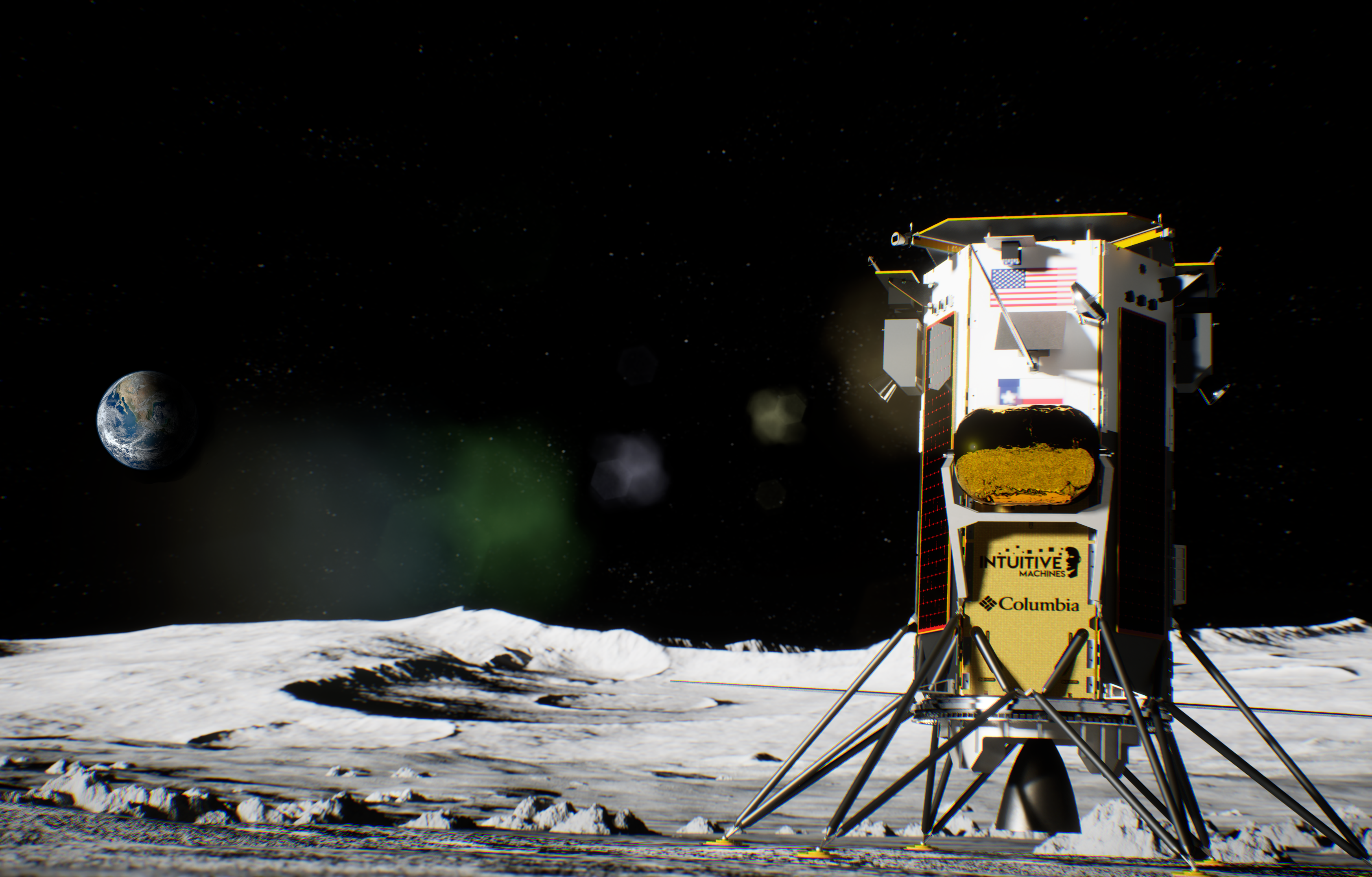Orbital Micro Systems
AAC Clyde Space built a CubeSat for customer Orbital Micro Systems (OMS), as a part of the company’s Global Environmental Monitoring System (GEMS). This constellation was designed to improve the precision and clarity of weather forecasts around the globe by capturing passive microwave soundings to record temperature, humidity and precipitation at multiple altitudes, regardless of cloud cover.
The repeat spacecraft order, was for a 6U CubeSat that will be launched as part of the UK Space Launch Programme, follows its 3U CubeSat sister (IOD-1 GEMS). IOD-1 GEMS, also built by AAC Clyde Space, operated in orbit for an extraordinary period from July 2019 through April 2021 when the spacecraft de-orbited, delivering unique data that translates into highly reliable weather intelligence for a broad range of customers.
